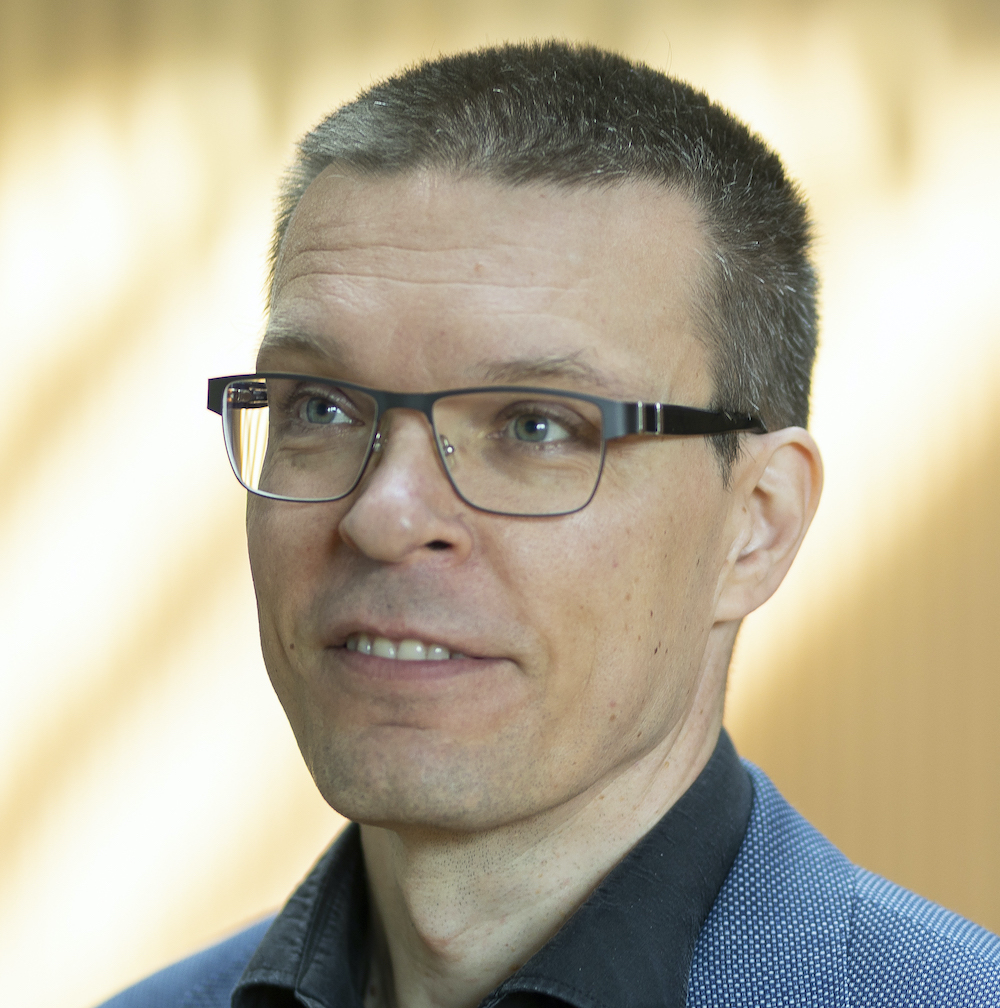Even within basic research, the institute has priorities, Kaski adds.
тАШWe focus on the basic research of making AI more applicable. How can we ensure that machine learning algorithms can best be made useful?тАЩ
This is also the core of a new project led by Kaski, which was awarded the highly competitive European Research Council (ERC) Advanced Grant this year. The goal is to create new types of machine learning that can be widely applied across fields, with humans and AI solving problems together.
Many popular AI tools actually only work well when they are used in conditions that resemble the AI algorithmтАЩs training data. This is why current AI tools arenтАЩt good enough for research and development, where something totally new is created and you inevitably go beyond the existing data.
R&D activities often follow the same formula: design, build, test, learn.
тАШIf we can improve this cycle with AI and make it either automatic or incorporate the human expert into the loop, it could have huge effects across fields, from screening drug molecules to developing energy solutions,тАЩ says Kaski.
For AI to become a truly useful partner to human users, it first needs to acquire what psychologists call a theory of mindтАФit must understand the partnerтАЩs goals, which may not be directly evident.
This requires cooperation from experts across fields.
Understanding and optimism
Professor Andrew Howes answers the Teams call from Exeter, England.
Howes is a cognitive scientist specialising in human-computer interaction. He works closely with many AI researchers at Aalto, and during the 2020-2021 academic year was a visiting researcher at the Finnish Center for Artificial Intelligence FCAI, the predecessor of ELLIS Institute Finland.


















